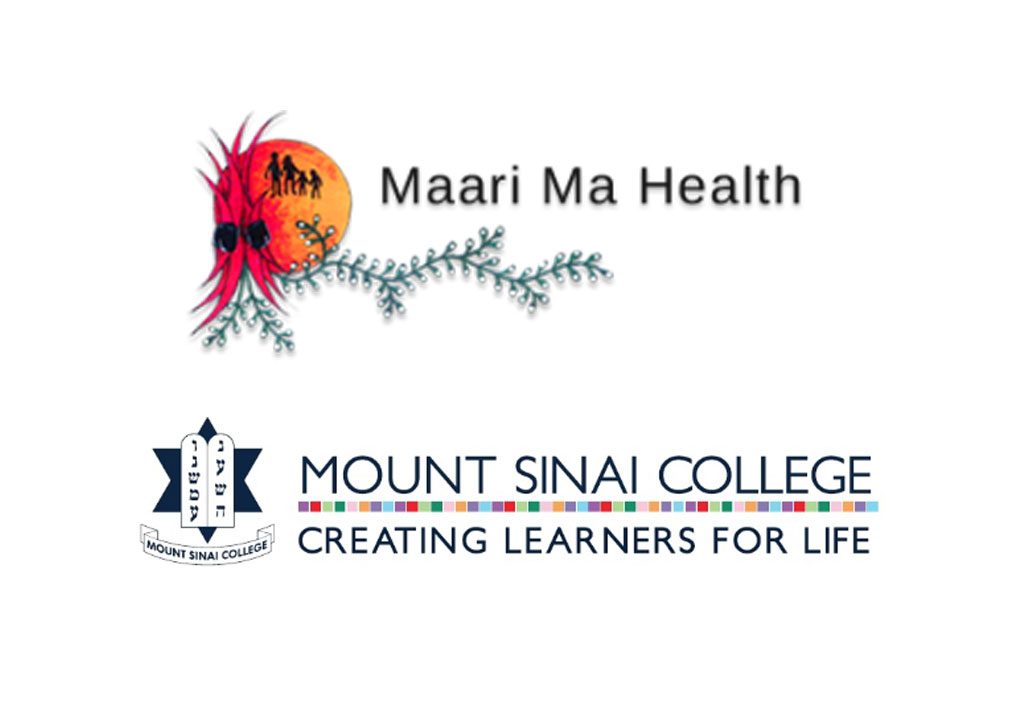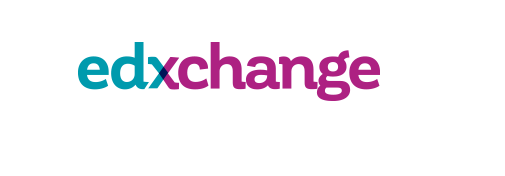Maari Ma Aboriginal Health Services and Mount Sinai College

Exchange was able to connect Mount Sinai College with Dr Garth Alperstein who is a semi-retired community paediatrician and has been working very part-time at the Maari Ma Aboriginal Health Service in Broken Hill for about the past 7 years as a Child and Youth Health Advisor.
Garth was recently pleased to report that the project has been better and more successful than they were anticipating. They thought that things would start off slowly and gradually improve, however, they kind of hit the ground running, once word of mouth spread among the young people, and with the help of the Aboriginal Youth Health Worker who is very well connected with the community. They have really taken to the technology and in fact provide more information on the tablet than they would have in a one-to-one encounter with a doctor, despite knowing that the doctor will be seeing them as soon as they have completed the questions. This has been the experience of others doing research with similar tools. This has facilitated providing needed services for adolescents who not uncommonly avoid health services. Garth and the team have undertaken an official evaluation which was very positive.
Approximately 100 adolescents have participated in the psychosocial assessment using the iPad technology over the past year. That represents about 35% of the Aboriginal adolescent population of Broken Hill, which is very good considering that adolescents generally don’t access health services very much except for acute illness.
Many others around the country have become interested in doing the same in their health services, based on the success of the Maari Ma program.

